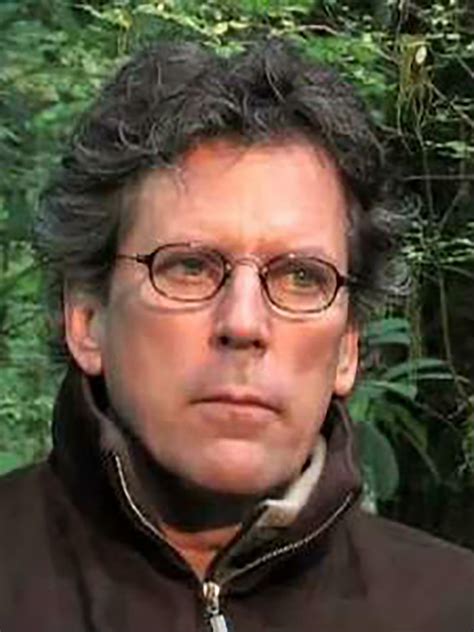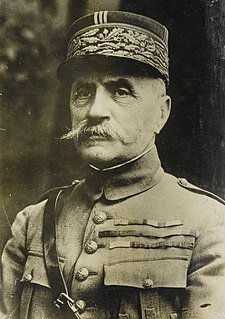A Quote by Marianne Williamson
The religious stories, the religious truths, the spiritual principles - obviously, they don't change. But as you get older and you experience more, you recognize the applicability, the profundity, and the fundamental truths of spiritual principles in ways that you couldn't when you simply were living a less dimensional life.
Related Quotes
Embedded in the gospel of Jesus Christ there are eternal principles and truths that will last far longer than the principles of building ships and roofs. You and I, as members of the Lord's true Church, have special access and insight into these eternal principles and truths, especially when we listen to the Spirit for individual guidance and hear the prophet's voice as he declares the will of God to the members of the Church. You and I both know how important these eternal principles and truths are in our lives.
There is a fundamental spiritual quality to gratitude that transcends religious traditions. Gratitude is a universal human experience that can seem to be either a random occurrence of grace or a chosen attitude to create a better experience of life; in many ways it contains elements of both. Grateful people sense that they are not separated from others or from God; this recognition of unity with all things brings a deep sense of gratefulness, whether we are religious or not.
You have to be closer to religious origins -- the generation of the 20's was truly secular in that it still knew its theology and its varieties of religious experience. We are post-secular, inventing new faiths, without any sense of organizing truths. The truths we accept are so multiple that honesty becomes little more than a strategy by which you manage your tendencies toward duplicity.
In its main features the Declaration of Independence is a great spiritual document. It is a declaration not of material but of spiritual conceptions. Equality, liberty, popular sovereignty, the rights of man - these are not elements which we can see and touch. They are ideals. They have their source and their roots in the religious convictions. They belong to the unseen world. Unless the faith of the American people in these religious convictions is to endure, the principles of our Declaration will perish. We can not continue to enjoy the result if we neglect and abandon the cause.
The main condition is that the spiritual ear should be open to overhear and patiently take in, and the will ready to obey that testimony which, I believe, God bears in every human heart, however dull, to those great truths which the Bible reveals. This, and not logic, is the way to grow in religious knowledge, to know that the truths of religion are not shadows, but deep realities.
All the same, the fundamental truths which govern that art are still unchangeable; just as the principles of mechanics must always govern architecture, whether the building be made of wood, stone, iron or concrete; just as the principles of harmony govern music of whatever kind. It is still necessary, then, to establish the principles of war.
The spiritual differs from the religious in being able to endure isolation. The rank of a spiritual person is proportionate to his strength for enduring isolation, whereas we religious people are constantly in need of 'the others,' the herd. We religious folks die, or despair, if we are not reassured by being in the assembly, of the same opinion as the congregation, and so on. But the Christianity of the New Testament is precisely related to the isolation of the spiritual man.
I believe that God is the source of all the universal, timeless principles. And to Him, I give all the credit and the glory. However, to a person who is not religious, I believe they can live to the highest level of their conscience and develop spiritual intelligence that surpasses most people, including many religious people, who profess but do not practice.
































